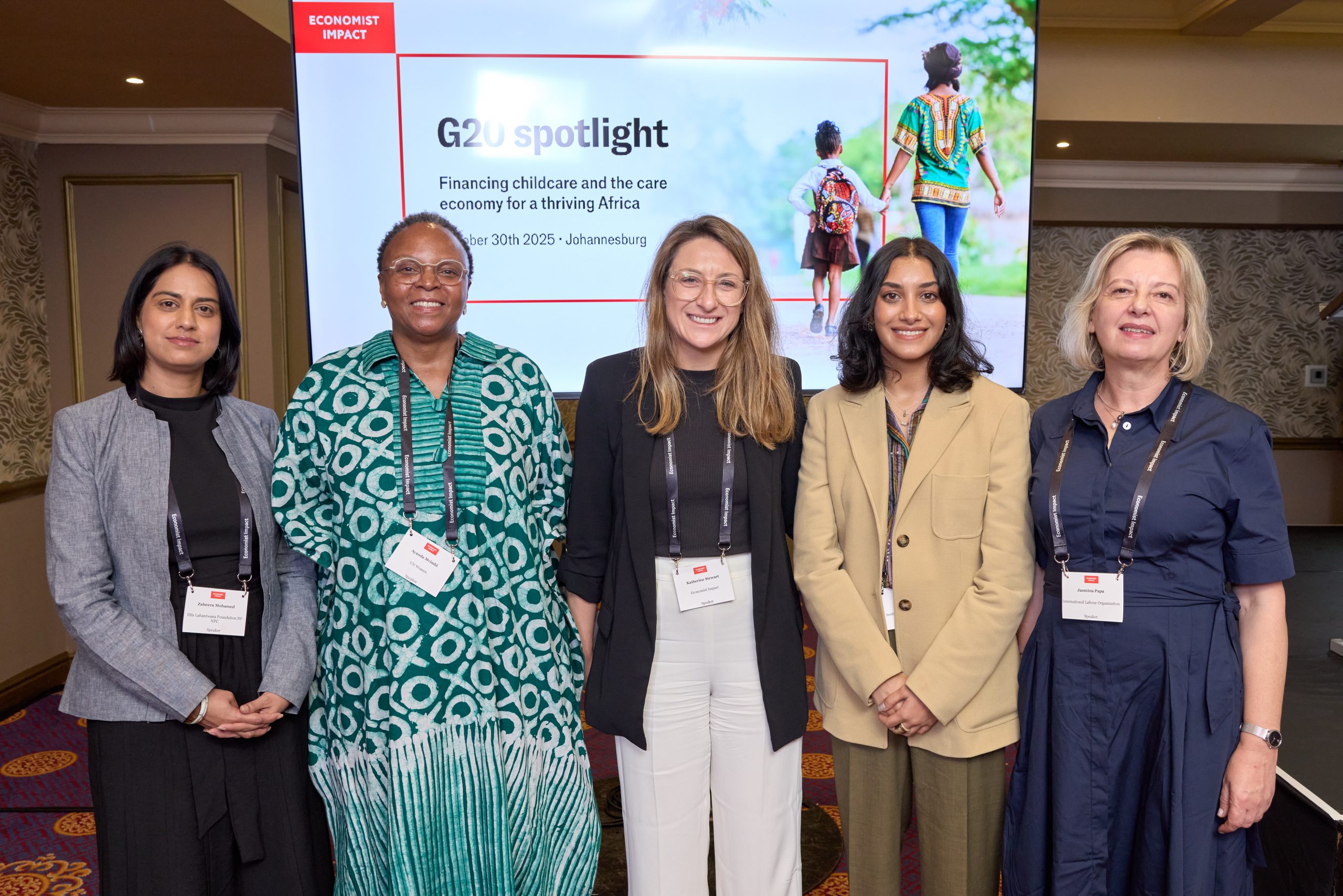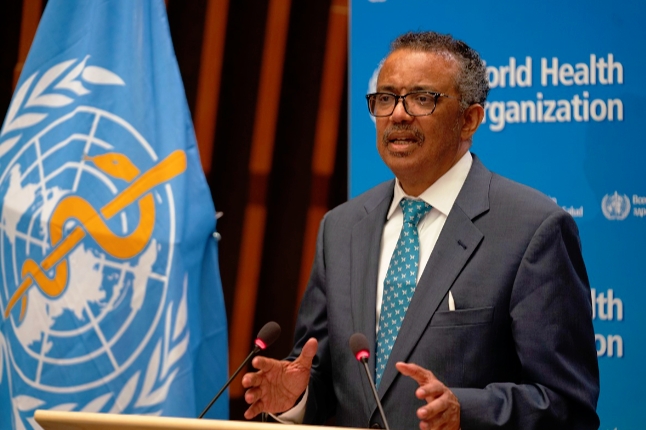KISUMU, Kenya October 28th –In the last 30 years, Africa has seen an upward trajectory in breast cancer cases, with the latest statistical data revealing that Kenya alone registers 7,000 new cases annually, part of a staggering global total of more than 2 million.
At an alarming rate, over 99 percent of these cases occur in females, with males accounting for just 1 percent. Tragically, more than half of those diagnosed succumb to the disease, largely due to late-stage detection.
This delay in diagnosis is influenced by several risk factors, including family history (hereditary), radiation exposure, genetic predisposition, menopausal status, and lifestyle choices such as obesity and physical inactivity. Further risk factors include the patient’s age and gender.

In a dedicated effort to address these critical health issues, on Tuesday, October 28th, the Aga Khan Hospital, Kisumu (AKHK), collaborated with a consortium of organisations to commemorate the occasion with events.
Aimed at raising awareness, the event featured a solidarity walk to advocate for early screening and treatment options for breast cancer.
In his remarks before the walk, Dr Alfred Mayani, Resident Oncologist at AKHK, emphasised that while there is no singular cause of breast cancer, there are numerous risk factors to consider.
“We have risk factors, but not all of them are preventable. It’s the most common and we want to raise awareness about its increasing prevalence stemming from factors that some individuals cannot change.”

He explained the various treatment modalities available, which include surgery, chemotherapy, radiotherapy, ultrasound, CT scans, hormonal therapy, and targeted therapies. The selection of treatment depends on numerous factors, all of which are assessed at health centres across the country.
“The cornerstone of prevention, apart from other risk-reducing strategies, is regular screening, particularly self-breast examinations. Ideally, individuals should perform these exams at least every one to three months,” Mayani advised.
For effective self-examination, he stressed the importance of being familiar with one’s normal breast tissue, as this allows for the easy identification of any changes or anomalies.
He also highlighted the importance of lifestyle modifications such as regular exercise, maintaining a healthy weight, adopting healthy eating habits, and avoiding excessive alcohol consumption and tobacco use.
Dr Mayani further emphasised that women should undergo annual mammograms, a specialised X-ray for breast tissue, starting at age 40, extending up to 70 years. While most women should have this screening yearly, those with low risk might consider a two-year interval.
“Surgical intervention is the main therapeutic modality for breast cancer, particularly in the early stages. However, regular screenings are vital to catch the disease early,” he explained. “Once symptoms become severe, it often means the disease has progressed beyond the initial stages.”
To achieve successful outcomes in breast cancer treatment, Mayani clarified the necessity of determining the specific type of breast cancer, its behaviour, stage, and other patient-related factors, as treatments are individualised accordingly.
“It is still possible to manage the disease effectively, even after undergoing chemotherapy to reduce its size,” he assured.

They also face incidental challenges, as some patients with early-stage cancer do not receive appropriate treatment due to fears related to surgery and chemotherapy.
In addition to breast cancer screening, Aga Khan Hospital also provides screening for cervical cancer, colorectal cancer, coronary cancer, and prostate cancer.
Participants were further informed that prostate cancer is the most prevalent cancer among men, with screening involving a blood test to measure Prostate-Specific Antigen (PSA). Elevated PSA levels can indicate prostate cancer but may also result from non-cancerous conditions like benign prostatic hyperplasia (BPH) or prostatitis.
Therefore, a high PSA result should lead to further evaluation, including additional testing, physical exams, imaging, or biopsies to ascertain the cause. Men aged 40 and above are strongly encouraged to seek these screenings.
His sentiments were echoed by Kennedy Mulama, the Director of the East African Comprehensive Cancer Project (EA-CWCP) at the hospital, who emphasised their commitment to conducting extensive screenings for community members in catchment areas such as Kisumu and throughout the Greater Western Kenya region.
“Today, as an extension of our community services, we are offering free breast cancer and cervical cancer screenings. We encourage everyone to come in large numbers because this is a valuable opportunity,” Mulama urged.
He explained that the focus is on early diagnosis and identification. “We are teaching our students that breast cancer is very treatable. That is the important message we want to share with the community.”

Various corporates and institutions supported the event, including the Immigration Department, Kenya Power and Lighting Company (KPLC), Central Bank of Kenya (CBK), Huduma Centre, Office of the Director of Public Prosecutions (ODPP), Kenya Wildlife Service (KWS), the Judiciary, University of Nairobi (UON), KIWASCO, and the Kenya Revenue Authority (KRA).
“We are here to support this noble cause on breast cancer, we must remember that there are various types of cancer. This awareness is crucial in informing the public about the importance of early screening. Timely diagnosis and treatment can prevent many issues. We urge all communities to engage in regular screenings, as breast cancer is a disease that can be cured,” they encouraged.



